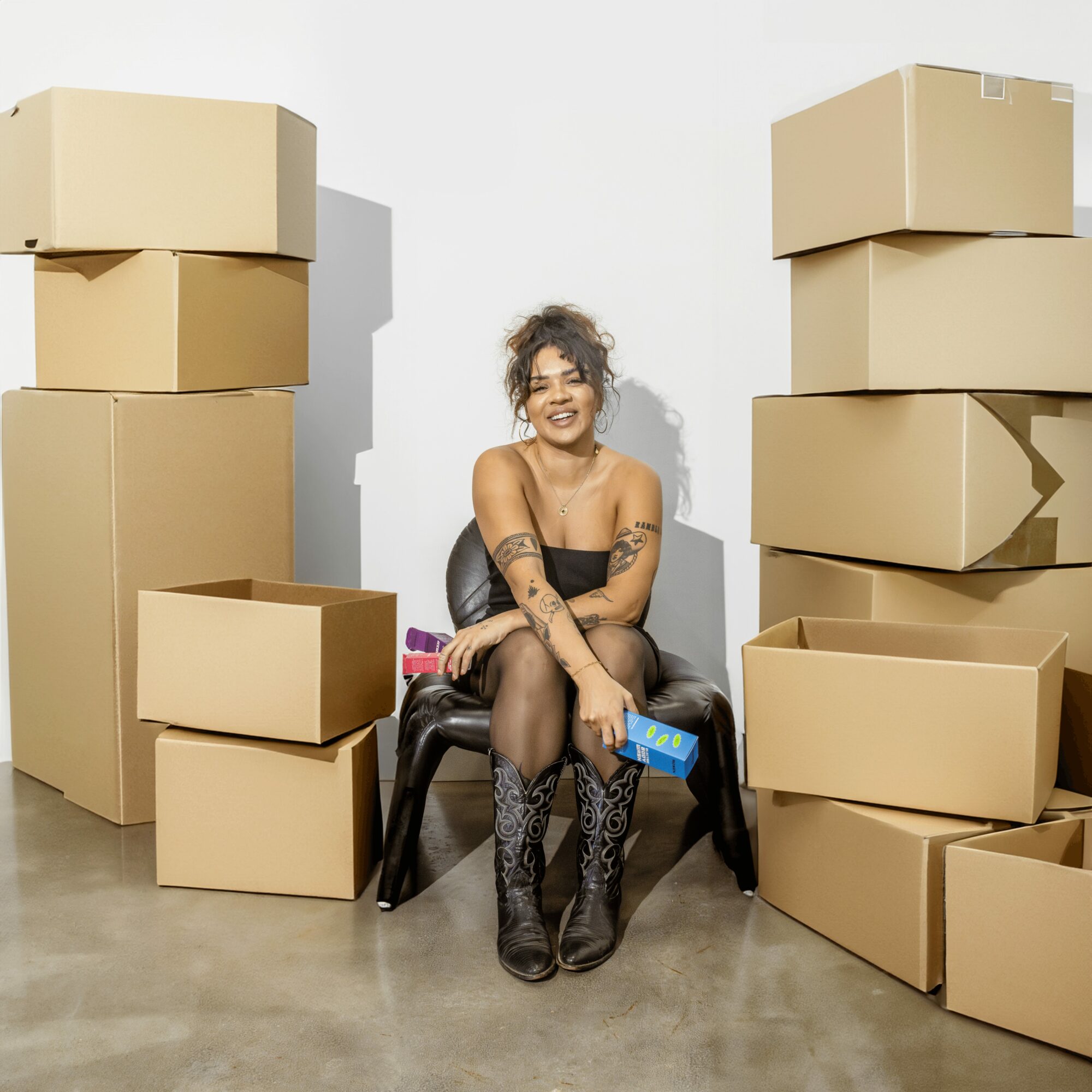

Today we’d like to introduce you to Jamika Martin.
Hi Jamika, please kick things off for us with an introduction to yourself and your story.
ROSEN began in my dorm room at UCLA after years of dealing with severe acne acne hyperpigmentation. I began breaking out in middle school, which then began the long journey of treatments, medications and appointments for my skin. Eventually, I went on to take Accutane twice- the largely touted “last stop” to acne medications.
Severe acne coming back after taking a drug like Accutane isn’t super common, having it come back after two rounds is even less common. So, I was back at square one- the drug store acne aisle- looking for a solution to my skin. And it was in this aisle that the concept for ROSEN was born. A cleaner, more tailored solution to my acne needs. One that was fueled by formulas I understood, tackled hyperpigmentation and dark spots and took the shame out of dealing with breakouts.
From my dorm room and farmers markets to our own warehouse and Ulta shelves, we slowly scaled year over year through a strong direct to consumer presence, influencer marketing and a couple viral moments. Today, ROSEN is carried in 900+ Ulta doors and our own website to transform acne care for women of color.
Would you say it’s been a smooth road, and if not what are some of the biggest challenges you’ve faced along the way?
Of course, the journey of entrepreneurship is filled with thousands of ups and downs, some of which seem to come by on a weekly basis!
The toughest part about running ROSEN continues to be the challenge of retail. Getting into major retailers is a huge accomplishment for any brand, but one that brings about a lot of added difficulties. Tighter margins, higher stakes, bigger liabilities. It unlocks a level of scale that is difficult to achieve on just Direct to Consumer alone, but it comes with its costs for sure.
After entering Ulta in 2022 and wrapping up a fundraise, it was easy to feel like everything was flowing. We understood our cost of goods and our retailer terms, but we began wondering why it still felt so tight? If we’re shipping all of these units, shouldn’t things feel a little easier? Like we have more room in the budget for marketing and team expansion?
Ultimately, after combing through every single expense with a fine toothed comb, we realized our margins were hurting us greatly in certain channels. Moving product was being done almost at a break-even, explaining all the units being shipped with no extra capital for the growth levers we needed to pull. We went through and renegotiated contracts, brought various aspects of supply chain back under our own roof and are continuing to find ways to drive into more profitable channels.
Appreciate you sharing that. What else should we know about what you do?
Continuing from the previous question, one of the largest changes we made at ROSEN in 2024 was bringing manufacturing back in house. For the first 4.5 years of ROSEN, we manufactured and shipped everything ourselves, saving a ton on supply chain costs.
After bringing manufacturing back under ROSEN in 2024, I began to explore a new model that would allow me to personally dive deeper into the supply chain space with other brands. Early 2025, I launched Flora Studios- a low MOQ, founder-first product development and manufacturing partner for emerging personal care brands. We specialize in developing and manufacturing clean, award winning formulas in skin, hair and body.
This extension of my personal brand and skill set has not only unlocked huge savings for ROSEN (who is now a client of Flora), but to lend these same levels of expertise and care to other brands in the industry. Due to my experience running ROSEN, I can bring founder level insights to the brands we partner with on margins, formula revisions, and retail ready products that helps emerging brands make the right decisions off the bat.
Risk taking is a topic that people have widely differing views on – we’d love to hear your thoughts.
I think any entrepreneur has a certain lack of risk aversion, just due to the nature of the fluctuating income and big bets you have to take on yourself. At times, running these businesses does feel like a regular W2 job when it comes to the level of consistency they provide. However, there are a lot of times where that consistency wavers, and you’re not only left to ensure you get paid, but ensure the company gets paid to keep it alive.
However, entrepreneurship is almost all I know. I launched ROSEN straight out of graduating from undergrad at UCLA and never did anything else. Only recently, have I done personal consulting and launching Flora Studios- but all are brands that rely on me to generate revenue. And for me, that’s the largest risk I continue to take. To forego the stability of a corporate job and to invest capital I’ve made personally into either of these businesses is incredibly risky. These businesses can be gone in a year, and as the founder of both, a lot of my livelihood is tied into their continued success or growth.
Contact Info:
- Website: https://jamikarose.com/
- Instagram: https://www.instagram.com/jamikarose_
- LinkedIn: https://www.linkedin.com/in/jamika-martin-3189a7b3/
- Other: https://www.rosenskincare.com
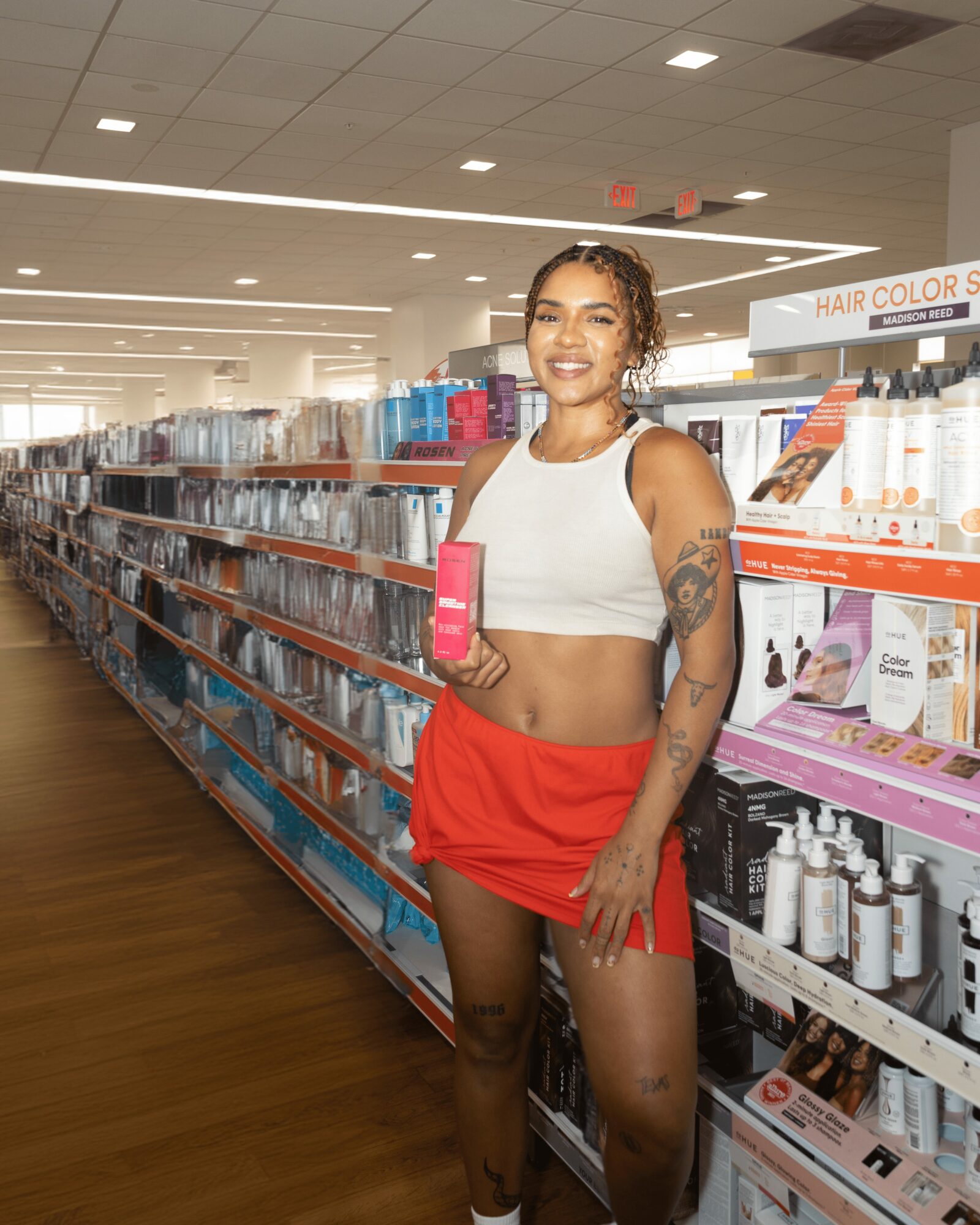
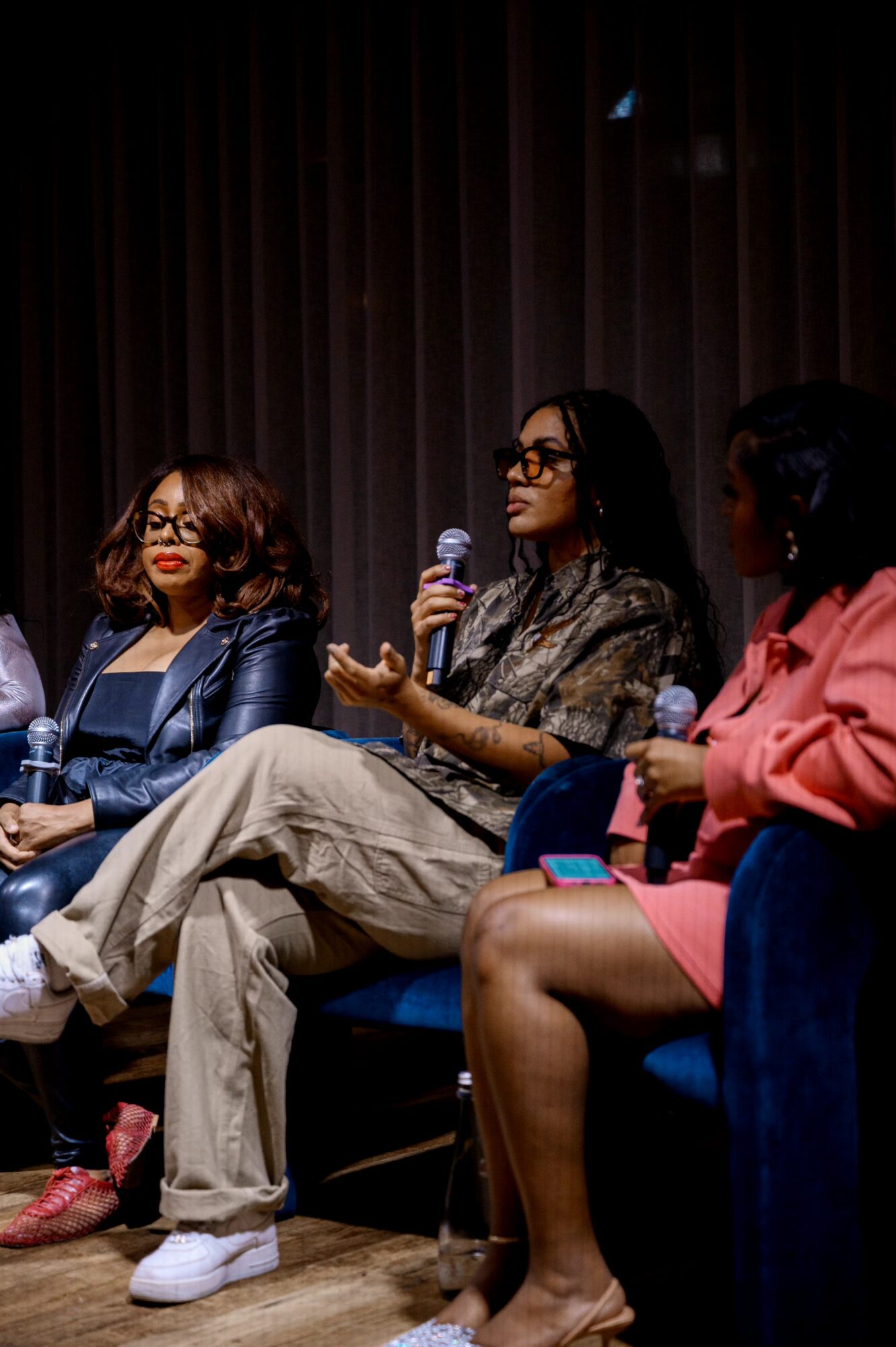
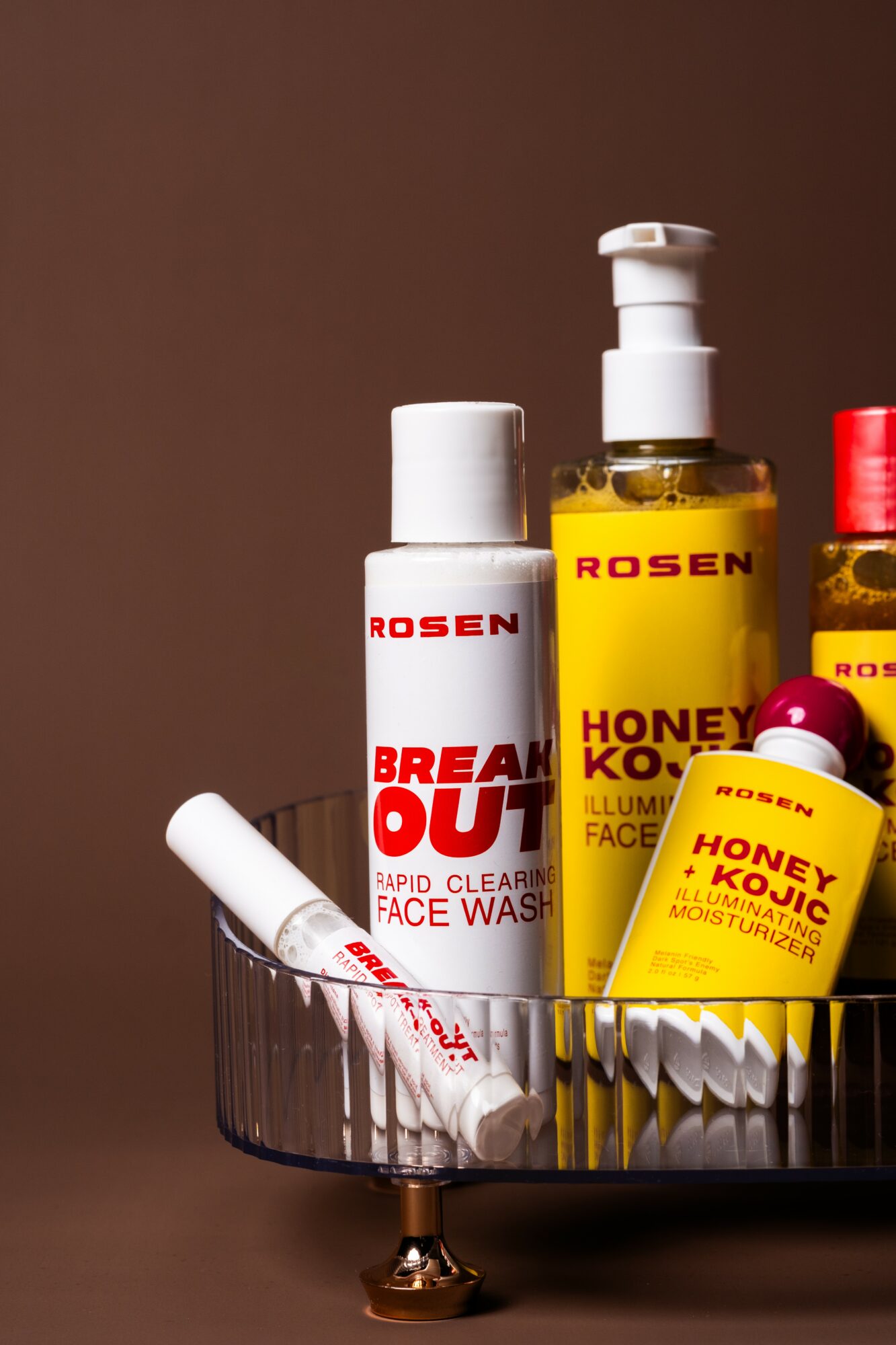
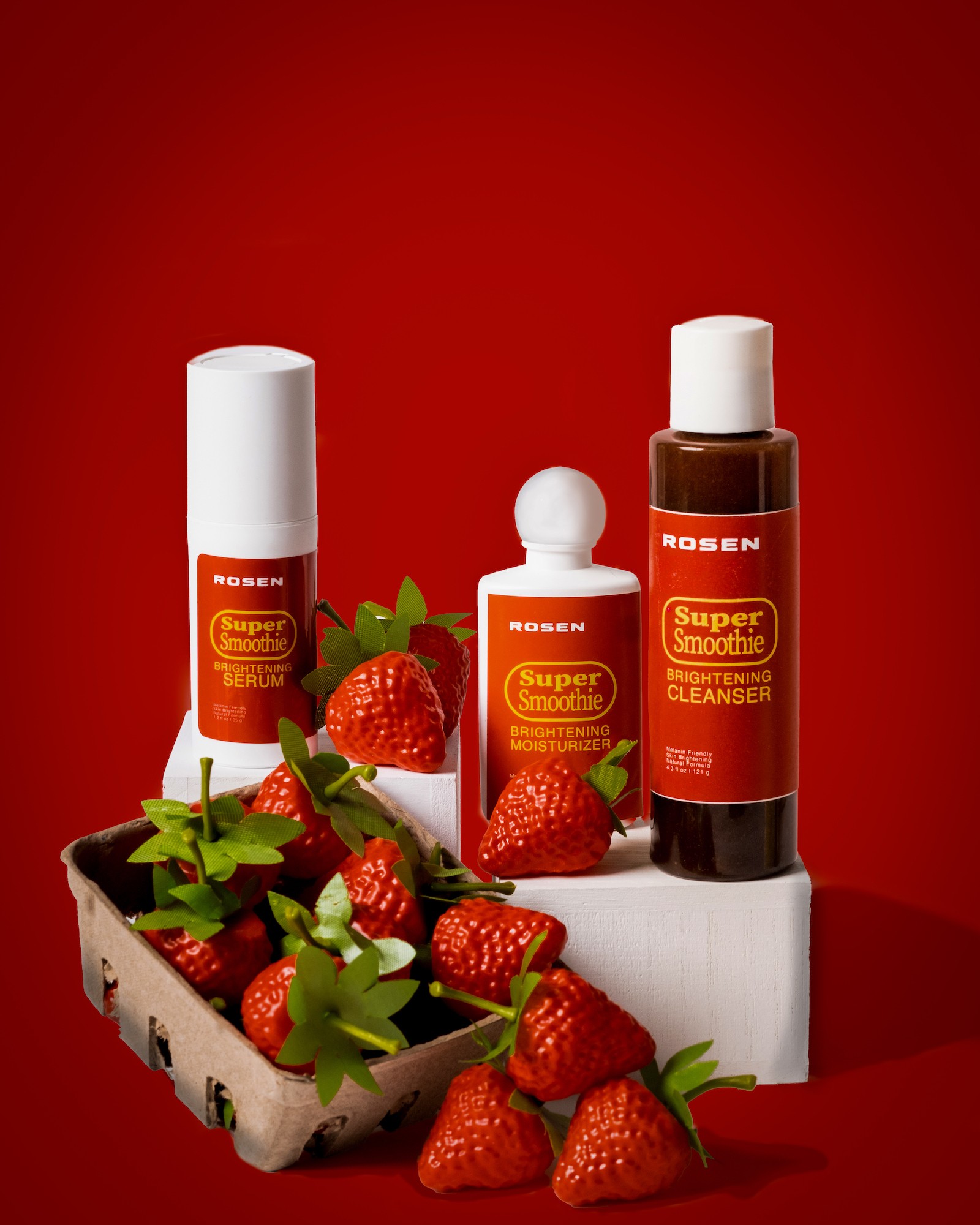
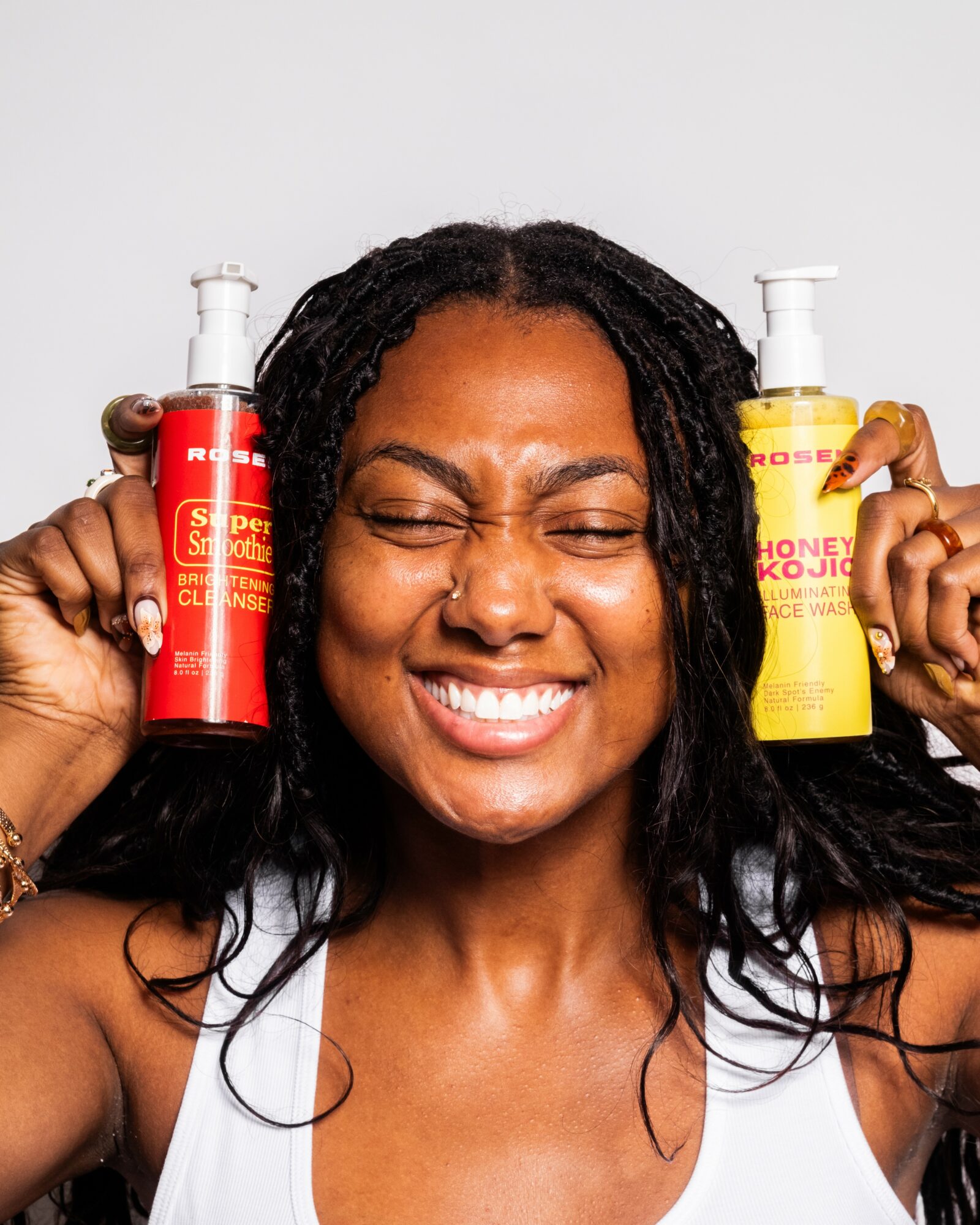
Image Credits
Jasmin Porter













